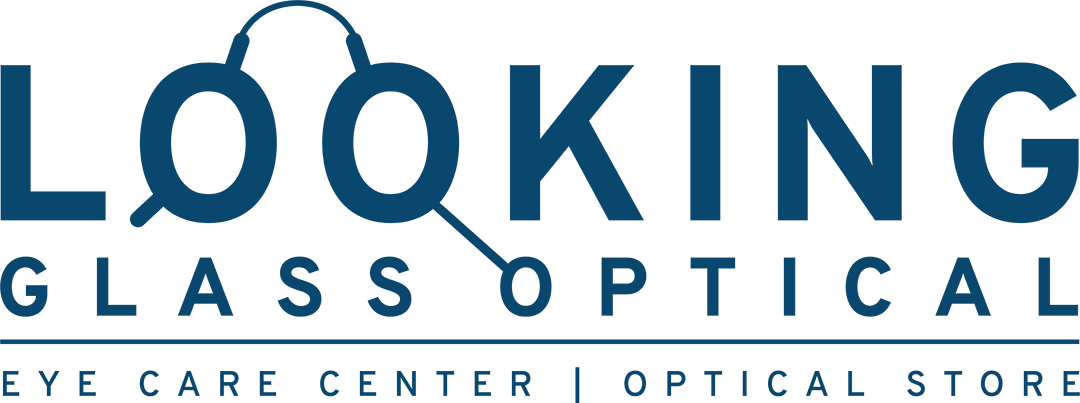Proper Nutrition for Healthy Vision
Experts agree that proper nutrition helps reduce the risk of certain genetic diseases of the eye. A healthy diet also helps often prevent metabolic disorders such as diabetes which may cause vision issues. According to the American Optometric Association (AOA) adding daily antioxidants will improve your eye health and preserve your vision. We have some helpful tips for improving your diet. We recommend you follow this guide which includes proper nutrition for healthy vision.
The List of Nutrients and Benefits
- Lutein & Zeaxanthin – may reduce the risk of chronic eye diseases, including age-related macular degeneration and cataracts.
- Vitamin C – adding to your diet lowers your risk of developing cataracts. Another benefit, that when taken together with other essential nutrients, it may slow the progression of age-related macular degeneration and visual acuity loss.
- Vitamin E – protects cells in the eyes from unstable molecules called free radicals. These free radicals break down healthy tissue, leaving you susceptible to diseases.
- Essential Fatty Acids – these tend to get a bad rap. However, they are a crucial element of the human diet. Essential Fatty Acids maintain the nervous system, fuel the cells and boost your immune system. They are also vital for proper visual development and retinal function.
- Zinc – an essential trace mineral, also called a “helper molecule.” It assists bringing vitamin A from the liver to the retina to produce melanin, a protective pigment in the eyes.
- Vitamin A – consuming foods high in vitamin A may protect against night blindness and dry eyes.
Best Food Choices for Your Eyes

Dark Leafy Green Veggies
Veggies like kale, spinach, swiss chard, collard greens, broccoli and Brussel contain lutein and zeaxanthin. Lutein is found in your macular pigment which helps to protect your central vision and aid in blue light absorption. Zeaxanthin is found in your retina.
Grapefruit, Strawberries, and Brussels Sprouts
Vitamin C is one of the best antioxidants. These foods offer the highest sources of vitamin C. Papaya, oranges, and green peppers are other good sources.
Orange Peppers
Scientists have discovered that orange peppers have the highest amount of zeaxanthin, beating out over 30 other fruits and veggies. Your body does not produce zeaxanthin, so you must get it from your diet.
Egg Yolks
Eggs are almost a perfect food. The yolk has both lutein and zeaxanthin. Along with healthy fat and protein, and while the total amount of carotenoids is lower than in many vegetables, in eggs they are in a highly absorbable. Meaning, your body gets the most benefit from what eggs have to offer.
Alaskan Salmon, Sardines, and Herring
These fishes are rich in omega-3s. DHA is concentrated in your eye’s retina. It provides structural support to cell membranes that boost eye health and protect retinal function. Therefore, foods rich in this antioxidant have many health benefits, including slowing macular degeneration by up to 60 percent.
Seeds, Nuts, and Wheat Germ
Remember when we said Vitamin C works with other vitamins? Vitamins C and E work together to keep healthy tissue strong. Ways to add Vitamin E include sunflower seeds to your salad, wheat germ in your cereal, or snacking on almonds, pecans, and walnuts.
Turkey, Oysters, and Crab
These foods contain zinc, therefore keeping the retina of your eye in top condition. Consequently, you can also find zinc in other meats, eggs, peanuts, and whole grains.
Carrots, Pumpkin, and Sweet Potato
Your grandma always said carrots were good for your eyes. And, here’s why. These veggies are high in beta-carotene, which the body converts to Vitamin A. Winter squash, kale, and red peppers are other good sources.
Looking Glass Optical believes in a holistic approach to wellness. We understand that proper nutrition for healthy vision decreases the risk of many genetic eye diseases. It also improves our patient’s chances of having strong eyes throughout their whole lives. Feel free to contact us today with any questions about improving the quality of your eyesight.
